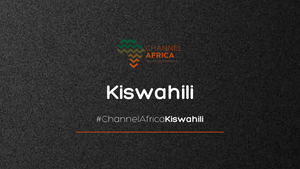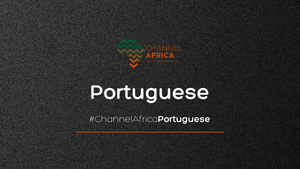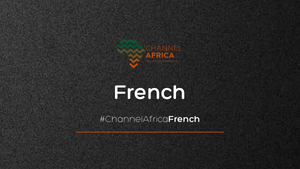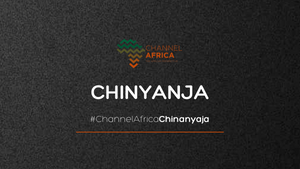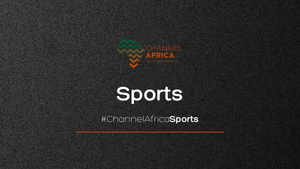The BRICS group is now formed by eleven countries; Brazil, Russia, India, China, SA, Saudi Arabia, Egypt, United Arab Emirates, Ethiopia, Indonesia, and Iran.
Pretoria is positioning itself at the heart of Global South diplomacy, aiming to strengthen partnerships that deliver tangible benefits at home.
“Our foreign policy is not abstract. It is rooted in the lives of our people,” said SA’s Minister of International Relations, Ronald Lamola. “It is measured not in speeches, but in schools built, jobs created, and peace sustained.” This message captures the country’s intent to use its G20 leadership to advance a development agenda that resonates across Africa and the broader Global South.
The Rio summit marks 16 years since the first BRICS leaders’ meeting in 2009. What began as a response to a shifting global balance of power has evolved into a platform for collective action amid mounting geopolitical tensions, trade fragmentation, ballooning debt and deepening challenges in achieving the United Nation’s (UN) Sustainable Development Goals.
This is the first summit to be held following the admission of Indonesia and 10 new partner countries. It also includes invitations to other emerging markets, as well as international and regional organisations, a sign of BRICS’ expanding reach.
China’s Foreign Ministry Spokesperson Mao Ning described BRICS as “the most important platform for unity and cooperation among emerging markets and developing countries” and a key force in promoting a more balanced, inclusive global system.
Brazil, chairing the group this year, has set two key priorities; reinforcing South-South co-operation and fostering BRICS partnerships for social, economic, and environmental development. These priorities are anchored in six core areas: health, trade and finance, climate action, artificial intelligence, peace and security, and institutional reform.
The themes closely align with outcomes of the recent UN Financing for Development conference in Spain, where Secretary-General António Guterres called for bold steps to finance progress. “Countries must lead by mobilising domestic resources and investing in schools, healthcare, social protection, decent work and renewable energy,” Guterres said. He also called for a tripling of lending capacity by development banks and the reallocation of Special Drawing Rights to unlock investments for developing nations.
While development will dominate discussions, the summit is also expected to confront urgent conflicts from Ukraine to Sudan and Gaza. Brazilian President Luiz Inácio Lula da Silva did not mince words in his condemnation of the situation in Gaza: “What’s happening in Gaza is not a war. It is genocide, this is what should outrage humanity.”
Despite its growing membership and influence, the BRICS bloc still faces the challenge of turning its collective weight into meaningful reform of global governance institutions. The absence of Chinese President Xi Jinping, represented instead by Premier Li Qiang and Russia’s Vladimir Putin, who remains under an ICC arrest warrant, adds a further layer of complexity.
Nonetheless, with over 40% of the world’s population and growing economic clout, BRICS remains a vital platform for shaping a more equitable international order, one that countries like SA hope will deliver results for their citizens
--ChannelAfrica--






